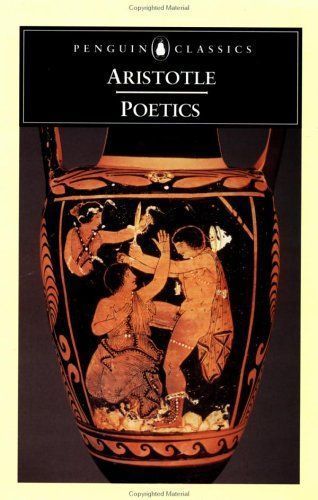Reviews
Tanishq Khandelwal@tanishq
Joey Coffin@joeycoffin
Eloise@elcrivain
Andrew Molina@momoprobs
Liam Holbrook@lehol
Shreyaa@shreyaa
Maureen@bluereen
Mat Connor@mconnor
ivana@peculiargirl
Sarah Sammis@pussreboots
Tracy K@phoneticrenderer
Nihan @nihanc
Residual6@residual6
Joe Ross@joeross
Ömer Karaçay@karacay
lh@celosia
Alina@alinasophie
Julia Lotz@missfoxyreads
Ana M@baciyelmo
Alexander Lobov@alexlobov
Rebecca Bream@rebeccabream
cenk karagören@cenkk
Kathryn Emerson@kaemerson
Donald@riversofeurope
